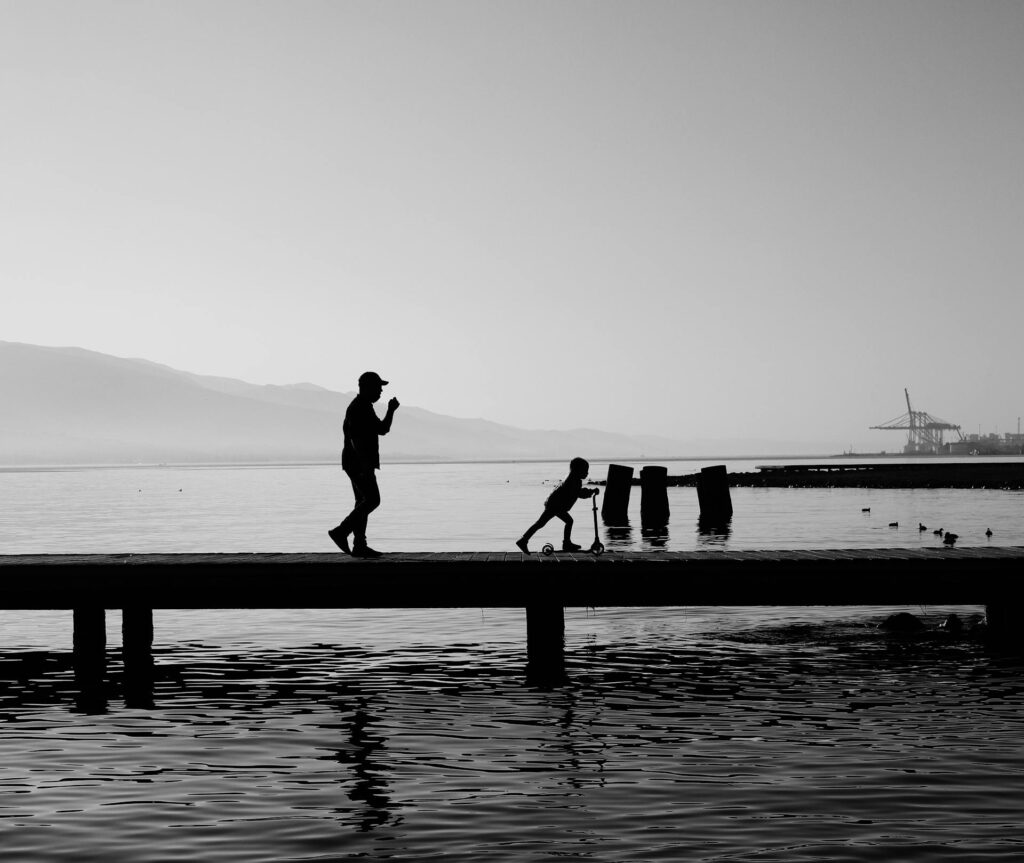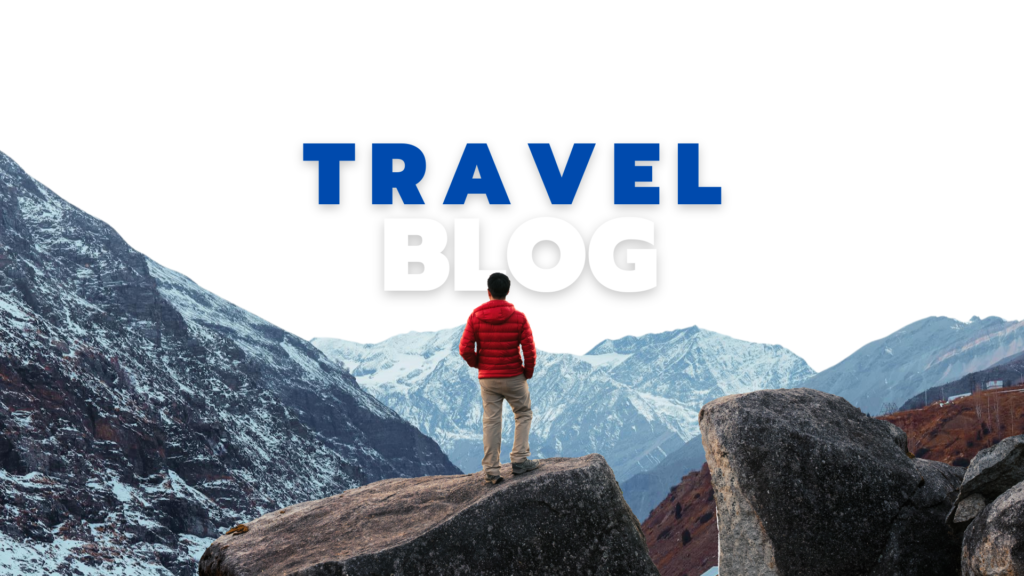
Traveling with Kids and Seniors? Top Tips for a Smooth Journey
Traveling with both kids and older adults requires extra attention to their specific needs and considerations to ensure a safe and enjoyable trip. Here are some precautions to take when traveling with these age groups:
Traveling with Kids:
Plan Ahead:
Plan your itinerary with flexibility, allowing for breaks, nap times, and kid-friendly activities.
Consider shorter travel distances and fewer destinations in a single trip to reduce travel fatigue.
Pack Essentials:
Bring necessary baby supplies such as diapers, wipes, formula, baby food, and a portable crib or playpen.
Pack a favorite blanket, toy, or comfort item to help children feel secure and comfortable.
Childproof Accommodations:
Childproof your accommodations by asking for child-friendly options or bringing necessary safety items like outlet covers.
Check if your accommodations provide a high chair or crib.
Medical Preparations:
Ensure you have any required medications, first-aid supplies, and necessary medical records for your child.
Research local medical facilities and pediatricians at your destination.
Entertainment:
Bring entertainment options such as books, coloring books, puzzles, or electronic devices loaded with age-appropriate apps or games.
Download kid-friendly movies or shows for in-flight or in-car entertainment.
Snacks and Hydration:
Carry a variety of snacks and a refillable water bottle to keep kids nourished and hydrated.
Be mindful of food allergies and dietary restrictions.
Safety Measures:
Keep a close eye on your child, especially in crowded places or near water.
Use child leashes or wristbands in busy areas for added safety.
Stay Informed:
Research family-friendly activities and attractions at your destination.
Check if there are any specific travel advisories or requirements for traveling with children.
Traveling with Older Adults:
Health Precautions:
Ensure that older adults have necessary medications, prescriptions, and medical records.
Consult their healthcare provider before the trip to address any health concerns or precautions.
Comfortable Accommodations:
Choose accommodations that are comfortable, easily accessible, and equipped with amenities like handrails and non-slip surfaces in bathrooms.
Request ground-floor or elevator-accessible rooms if needed.
Pack Essentials:
Pack essential items such as comfortable shoes, extra layers for varying weather, and any mobility aids (e.g., canes, walkers, wheelchairs) that may be required.
Travel Insurance:
Consider purchasing travel insurance that covers medical emergencies and trip cancellations, especially for older adults with health concerns.
Travel Documentation:
Ensure that all travel documents, including passports, visas, and identification, are up to date and easily accessible.
Make photocopies or digital scans of important documents.
Rest Breaks:
Plan for regular rest breaks during long journeys, and allow for flexibility in your itinerary to accommodate slower travel pace.
Nutrition and Hydration:
Keep older adults well-hydrated and ensure they have access to nutritious meals.
Be mindful of dietary restrictions or special dietary needs.
Weather Considerations:
Check weather conditions and pack appropriate clothing to keep older travelers comfortable.
Travel Companions:
Consider having a travel companion or family member accompany older adults to provide assistance and companionship.
Emergency Plan:
Discuss an emergency plan with older adults, including what to do in case of medical issues or lost belongings.
Share contact information and itinerary details with family members or friends.
Traveling with kids and older adults can be a rewarding experience, but it requires careful planning and consideration of their unique needs. By taking these precautions, you can ensure that everyone has a safe and enjoyable journey.
Looking for the perfect travel blog website or travel blog name ideas? Whether you’re brainstorming a catchy travel blog title or diving into writing travel blogs, becoming a travel blogger can be an exciting journey. A travel blogger shares their adventures, offering insights into near travel places and nearby trip destinations. If you’re curious about what it takes to become a travel blogger or need inspiration from a written travel blog, you’ll find plenty of examples to guide you. For more tips on travel blogging and the best travel spots, visit travellersbookmark for more posts and blogs!


